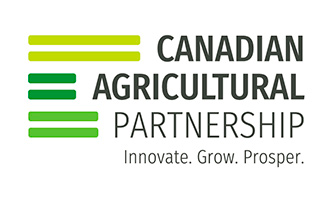Key Result
This study is still in progress, but aims to demonstrate the effects of commercially-available, foliar-applied nitrogen fixing bacteria products on the yield and seed quality of canola grown under varying fertility levels and contrasting environments.
Project Summary
Nitrogen is the most commonly limiting nutrient in the production of non-legume crops in Saskatchewan and, in many cases, the most expensive input (especially when fertilizer prices are high). In addition, national and international targets for reducing greenhouse gas emissions associated with nitrogen fertilization in agriculture are putting pressure on producers to maximize nitrogen fertilizer (and nitrogen use) efficiency.
Consequently, products with potential to reduce nitrogen fertilizer requirements in non-legume crops have received substantial attention and interest from Saskatchewan grain producers and commodity groups. Biological products could have potential to play an increasingly important role in the efficient and sustainable production of crops.
This study aims to demonstrate the agronomic performance of Envita and Utrisha-N in canola under field conditions and a wide-range of soil/climatic conditions. These two biological nitrogen fixing technologies were selected because they are expected to have the greatest market share in western Canada and are likely the most familiar to Saskatchewan producers. Canola is crop selected for this project because it is a large user of nitrogen and one of the most economically important crops in Saskatchewan.






